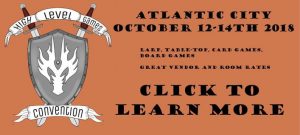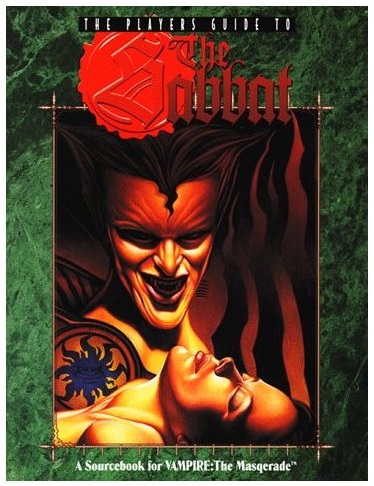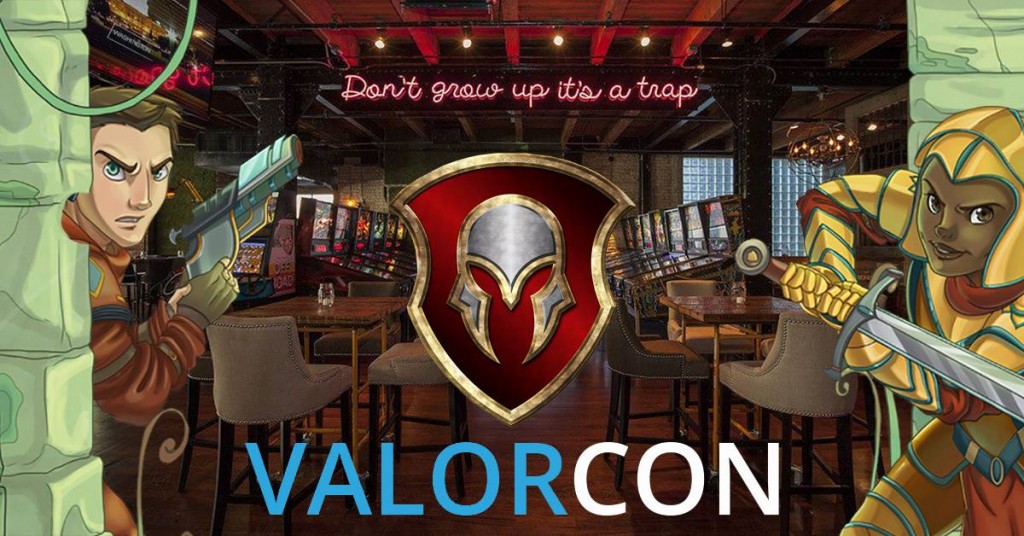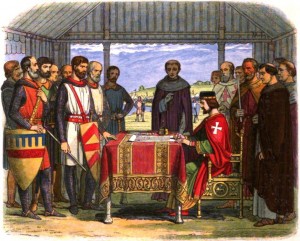We’ll be involved in running HLG Con in Atlantic City in October. Please buy tickets and come hang-out with us! Then learn about the Serious Game industry below.
And now, for something completely different.
A few months ago we were invited to participate in the Serious Play Conference as press. When we received this invitation I almost exploded with joy. I had wanted to attend the event and couldn’t quite afford the cost this year. Then, I had a minor health crisis that required some surgery. AND, that surgery was scheduled right in the middle of the Serious Play Conference, so we had to miss this amazing event. Which was a shame.
So, what is this event, why is important to Keep, and why would you want to know about them and some of the information that came out of the event? Well, the Serious Play Conference is about those organizations that create simulations and ‘games’ that focus on real world issues. These games might be Military Simulations, training programs, and educational gamification. There were dozens of panels in 2018 that look at gaming from angles that we touch on here but often don’t dive deeply into. The biggest news to come out of the event is that there is evidence to suggest that the industry of serious games will be valued at $17 Billion dollars by 2023, which is a serious bit of business.
What is unclear in the METAARI Report is if the use of the types of games we cover on this blog most frequently are an element in the impact of that market. To be clear, reports indicate that the TT RPG and Larp only constitute a minor fraction of the Hobby Games Industry per year, as little as $50 million per year is likely close to accurate for 2017. So, if the METAARI Report does include the small amount of the industry using D&D and other ttrpgs as art and recreational therapy and other cognitive behavioral support, they are likely a very small fraction of the total impact that the report focuses upon.
Does this mean anything for us as creators of analog games in the long-run? Potentially. If the serious impact potential of analog games can be tapped, this creates a potential for large investment unseen previously. However, the largest issue is that the market that takes games seriously are not looking at analog games, but frequently, are looking at ways to digitize, and incorporate AR and VR into their work. There are oppourtunities but also challenges in explaining why analog gaming can be a force for social change, and the METARRI Report and the Serious Play Conference are not focused on looking at how our games fit into that large pie. When they do, then there could be increased investment and growth in our industry in ways that work to create social impact.
The other side of the coin is, does the RPG industry want to be seen as “Serious” and that’s a hard question to answer. The large majority of RPG gamers play these games as a form of entertainment. Yes, entertainment has all the layers of ‘deep media’ etc, but escapism and pure entertainment are the focuses of RPGs for most people. The fraction of companies, organizations, and practitioners utilizing analog gaming for purpose is dramatically small. On top of that, the majority of conversations on social media about games are focused on the fun elements. Of course, Larp creators and players are more focused on the academic import of their part of the hobby. See Living Games Conference as an example of the academic focuses larp creators dive head first into.
The future of games is bright and the future of analog gaming is brighter than I would ever have anticipated back in the 90s. This is the time to invest heavily into this small segment of the entertainment and ‘Play’ communities. The impact of gaming on all fronts is going to increase. The question will be: Does this medium survives the transition in a way that we all feel is healthy in the long-term?
Josh is the owner of this blog and his opinion may not be the opinion of others that have posted articles here.







